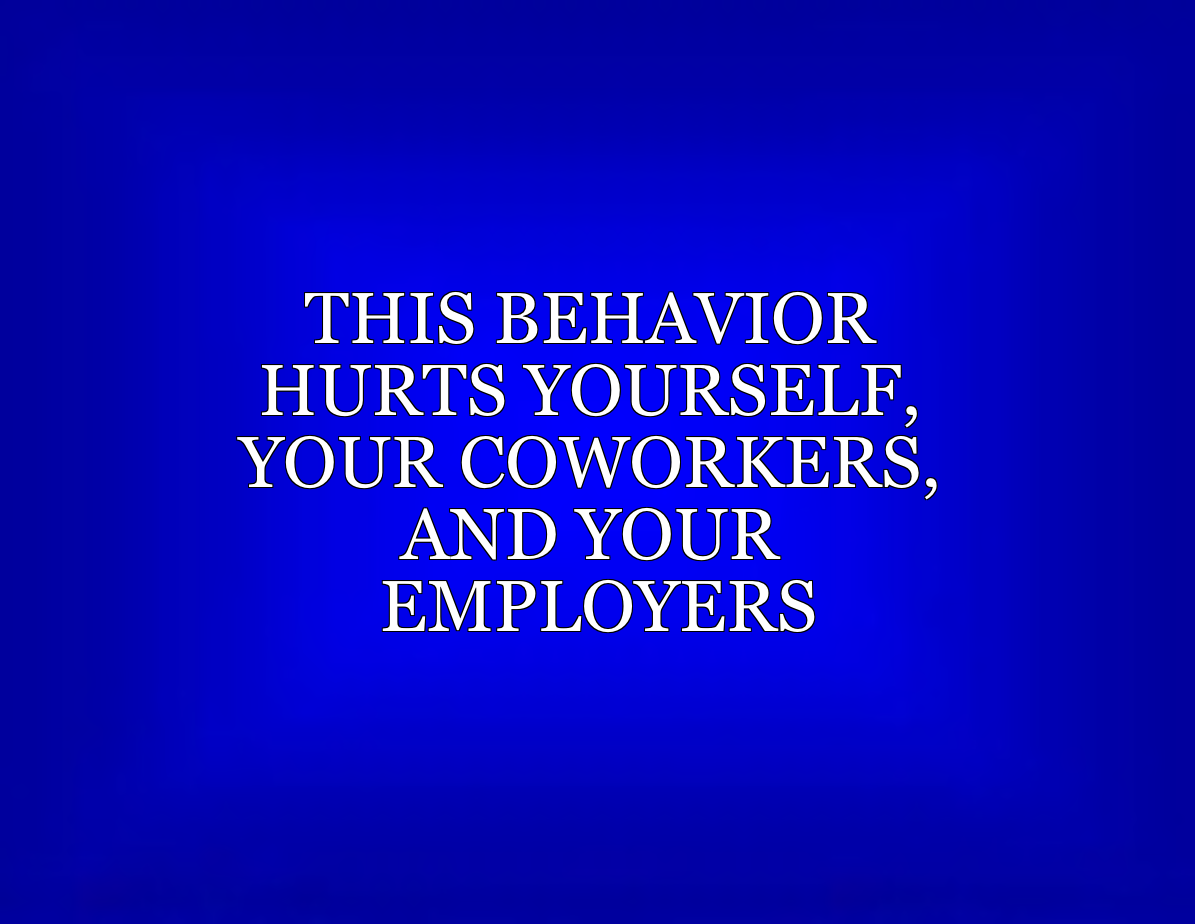Don't ask someone to file a ticket
While ticketing systems are useful, pushing a person asking for help in real-time to an asynchronous system can be counterproductive. This approach can lead to delays and hinder team cohesion. Handling requests directly can enhance efficiency, relationships, and stress levels in the workplace.

Person 1 asks Person 2 for help with something. Person 2 is busy / has a process they follow / whatever. Person 2 asks Person 1 to file a ticket. I would bet that you have been both of these personas at one point in time.
This is perfectly reasonable right? We have ticketing systems exactly for this.
Based on spending years of my life as the guy working the support desk, I would argue that it's a bad practice. I am not saying we shouldn't use ticketing systems. I am saying that when asked for help in a synchronous manner, pushing someone off to an asynchronous system is a behavior we should avoid.
Why is it bad to ask them to file a ticket? Because a ticket filer will almost always have a worse understanding of the information they need to provide than what the ticket receiver wants or even needs to do their job. This results in a back and forth of often repetitive (between different tickets) information finding to figure out what is actually going on. In the IRC days, this was so frustrating to the person providing help it led to the creation of this amazing document for how to ask for help.
The back and forth adds up to wasted time on clarifying the issue and not addressing the underlying need. When I say time wasted, this is actually two forms of time waste. It's the time spent typing up response after response back and forth. And it's the calendar time that extends from the initial request to final ticket resolution date. The first one really sucks for individuals, but the second one really sucks for organizations. This kind of coordination time cost is part of what causes large enterprises to grind to a standstill.
It also has the added cost of breaking down social cohesion. Your employer may talk about how culture eats strategy for breakfast, but if the culture is that you get told off when you ask people for help, it may not have the long term results you expect.
But it helps to reduce interruptions you may say! There is plenty of literature to support that interruptions introduce stress at work. While preventing an interruption is helpful, shortening one isn't. Once someone has already interrupted you, you're not magically uninterrupted after telling them to file the ticket. The study above found:
As a control, we checked whether the actual time spent on interruptions was different in the same or different contexts as longer interruptions could introduce a higher disruption cost. We found no significant difference in interruption length (difference=.62 min, sd=2.8), t(47)=1.52, p<.14)
So if you're not getting tickets resolved faster, you're not improving your coworker relationships, you're not improving the stress levels of your support team, what are you doing?
Fine! What should we do?
File the ticket on the users behalf. As you do so, collect all the necessary information for you or your team to resolve the issue in full without needing any more info from the user (if possible). Then resolve the issue. Then educate them that interruptions are harmful to your ability to do your job, and show them how they can best file a ticket next time that will have all of the necessary information for your team to help them promptly.
They will screw up again, and you will need to go through this process again.
It's the slower, harder, but better long term solution.
And next time someone asks you to file a ticket, feel free to send them a copy of this post.